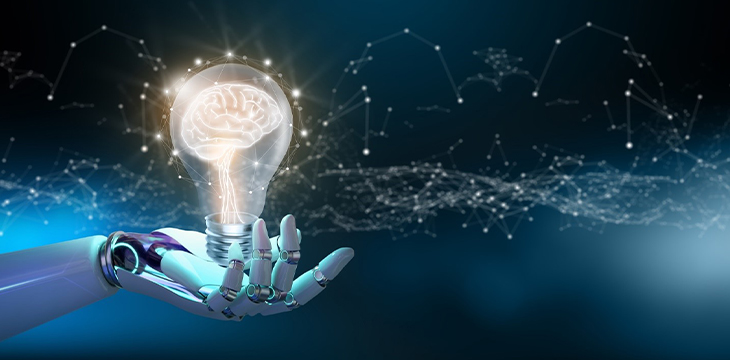|
Getting your Trinity Audio player ready...
|
Huawei and the United Nations Educational, Scientific and Cultural Organization (UNESCO) have partnered to train university lecturers in Eastern Africa on artificial intelligence (AI), aiming to prepare them to introduce the technology to their students.
The training will take place on August 12-23 and will mostly focus on Kenya, although UNESCO will launch an online virtual platform for lecturers from other Eastern African countries.
Participants will learn about the basics of AI, from machine and deep learning experiments to mainstream development frameworks. They will also delve into Huawei’s Atlas AI computing platform and MindSpore AI development framework. The former is an AI infrastructure solution launched in 2019, while the latter provides a platform for the development and execution of AI models.
The participants are expected to be fluent in at least one programming language and will take a test at the end of the training to obtain Huawei certification.
The goal of the program is to equip the lecturers with the knowledge needed to impart AI skills to students during the regular course of teaching.
“It is expected that this way we will create and/or enhance awareness among the students on the possible areas of AI who might wish to then specialise in the field and develop high-tech products in their home countries,” UNESCO said.
In June, UNESCO conducted a regional forum on AI in Kenya’s capital, Nairobi. Capacity building emerged as one of the keys to unlocking sustainable AI development in the region, leading to initiatives such as the upcoming training.
UNESCO has been pushing AI adoption in Africa as a foundational technology to achieving some of the UN’s sustainable development goals (SDGs). Last month, it organized a high-level forum in Rabat, Morocco, where leaders from 15 African countries discussed how to advance the technology.
The forum led to the adoption of the Rabat Consensus which pushes for the development of safe and inclusive AI. It also calls for the integration of AI in the public sector in Africa.
In order for artificial intelligence (AI) to work right within the law and thrive in the face of growing challenges, it needs to integrate an enterprise blockchain system that ensures data input quality and ownership—allowing it to keep data safe while also guaranteeing the immutability of data. Check out CoinGeek’s coverage on this emerging tech to learn more why Enterprise blockchain will be the backbone of AI.
Watch: Tech redefines how things are done—Africa is here for it

 02-25-2026
02-25-2026 




